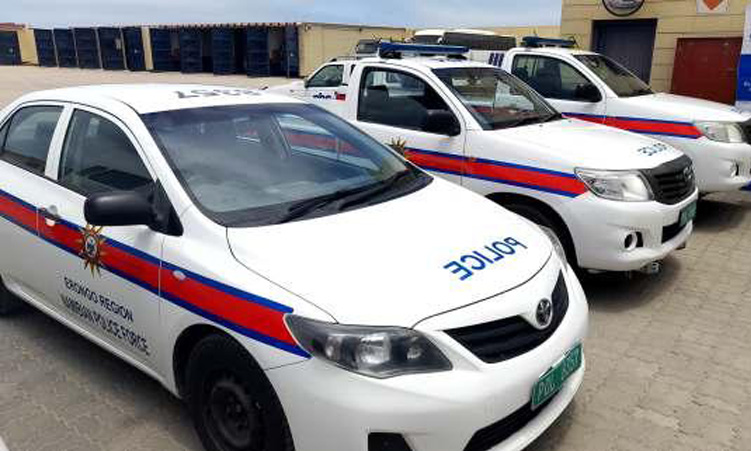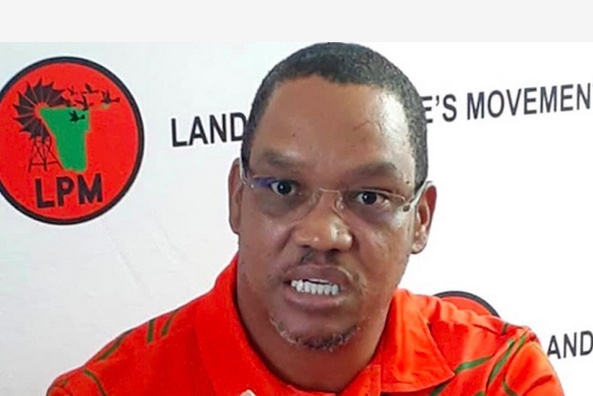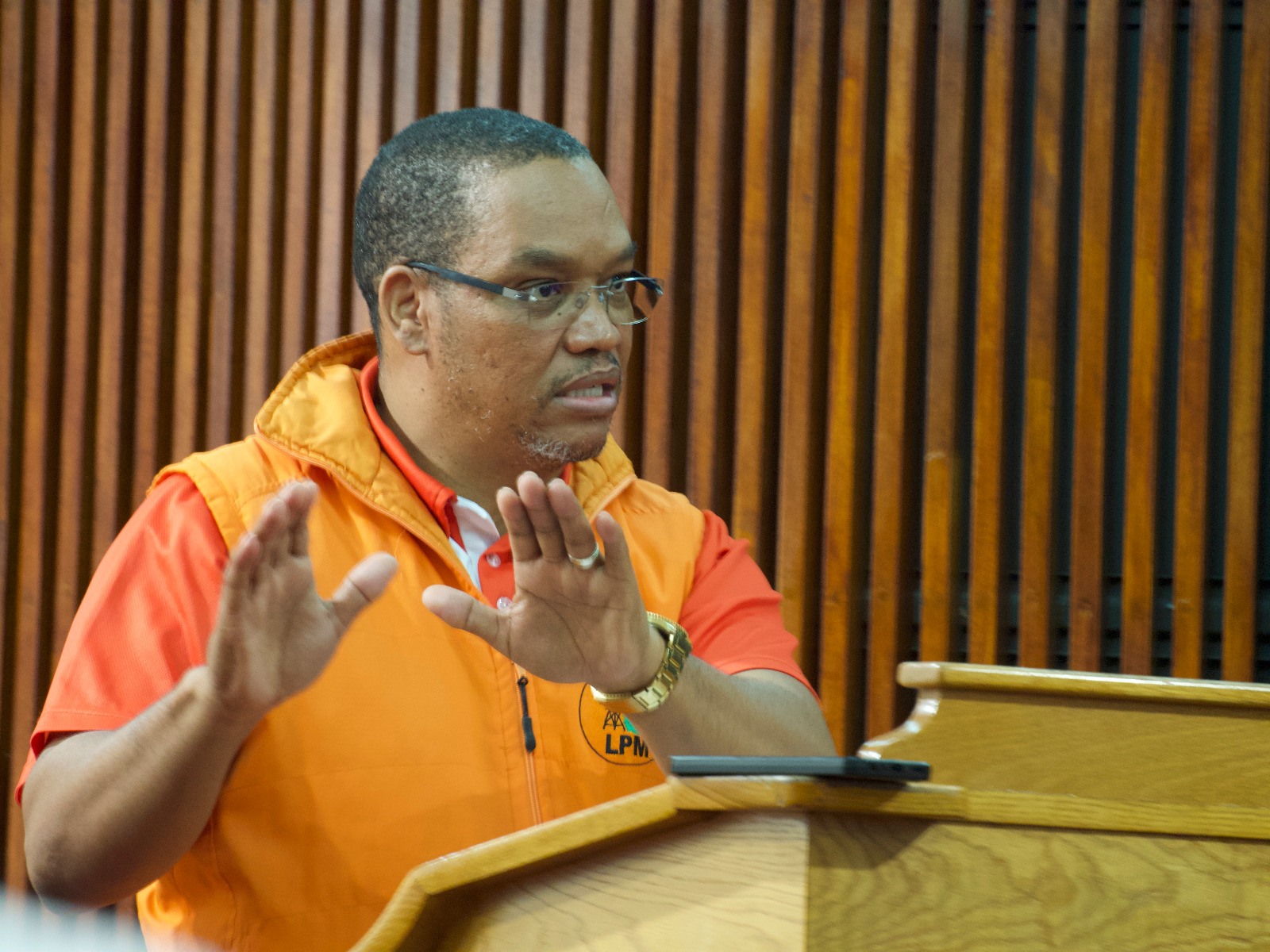Okahandja constituency councillor Bethuel Tjaveondja says a lack of functional police vehicles at the town has hindered the work and efficiency of the station.
In an interview with The Namibian last month, Tjaveondja said: “It hinders the services of the police, because you call with an emergency and there are no vehicles.”
He said the condition of the vehicles is deteriorating and those that are still fit are not enough for the entire police force at the station.
Tjaveondja said transport is crucial for the police stations, as it allows easy mobility. He said the Okahandja police station has one minibus for patrol and two smaller cars for officers on the go.
“Imagine having 140 plus officers with three vehicles. They also have to cover Okahandja and the Omatako area,” he said.
This comes after the governor of the Otjozondjupa region James Uerikua gave his state of the region address for the 2022/23 financial year at Otjiwarongo on 12 July.
Uerikua said 15 vehicles were decommissioned in the region, with 50-60% of the vehicles still grounded due to accidents and mechanical issues.
“This gives meaning when you call the police for services and they cannot show up in time,” he said.
In an interview with The Namibian a fortnight ago, Uerikua said the lack of vehicles causes delays in police response time and slows their operations.
According to the governor, some police stations are being assisted with vehicles loaned from the regional headquarters.
“Should the region have enough moving vehicles, more crime prevention will be conducted without delay,” he said
He added that the attitude and behaviour of some of the drivers led to the increase in damages and accidents, which directly contributes to vehicle scarcity.
Uerikua said the governor’s office has received N$100 000 to repair Namibian Police and health ministry vehicles.
“The Office of the Governor has been vocal on the need to seek proper solutions to this vehicle shortage issue and [the region received] N$100 000 to fix the Namibian Police and health ministry vehicles, as they are essential services,” he said.
He called on garages, mechanics and good Samaritans in the region and beyond to help address the shortage.
Uerikua said housing was another major challenge the law enforcement unit in the region faces.
“I would like to urge and call upon the local authorities to ensure that we fast-rack housing and land delivery to the men and women in uniform,” he said.
Namibian Police spokesperson Kauna Shikwambi said although the police have a running fleet, most vehicles have reached the end of their lifespans.
“Please note that it is not like the police do not have cars running already, surely there are. However, most cars have reached their lifespan due to normal wear and tear, but they are running because there is no immediate replacement,” she said in an interview with The Namibian.
Shikwambi said the lack of proper fleet vehicles hinders the daily operations of the force, “but we are operating and have learnt to operate with limited resources”.
According to Shikwambi, the allocation of the new vehicles, though the stock is limited, will improve the regional crime prevention operations. Those vehicles will be distributed accordingly, looking at each region’s needs and priorities.
Stay informed with The Namibian – your source for credible journalism. Get in-depth reporting and opinions for
only N$85 a month. Invest in journalism, invest in democracy –
Subscribe Now!










